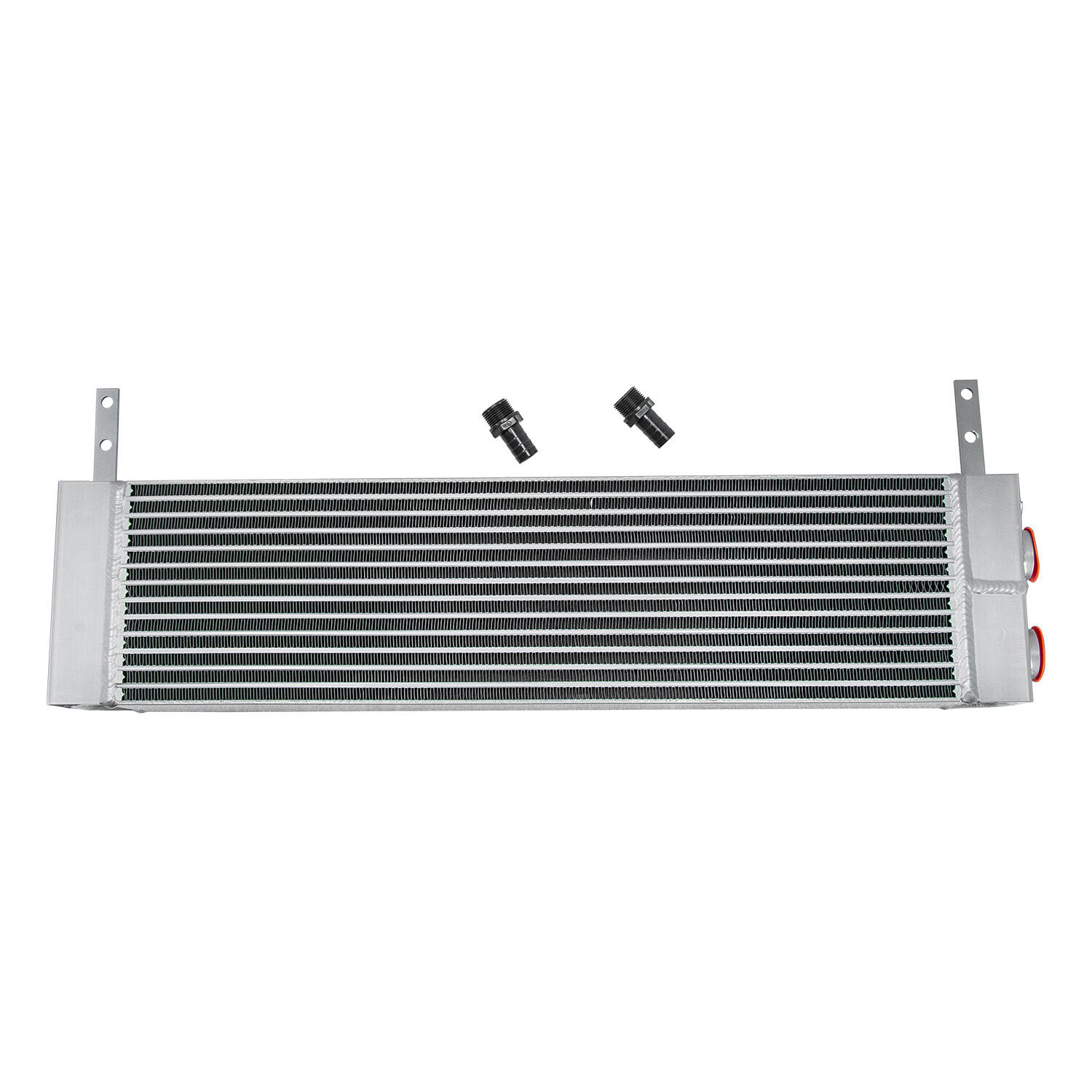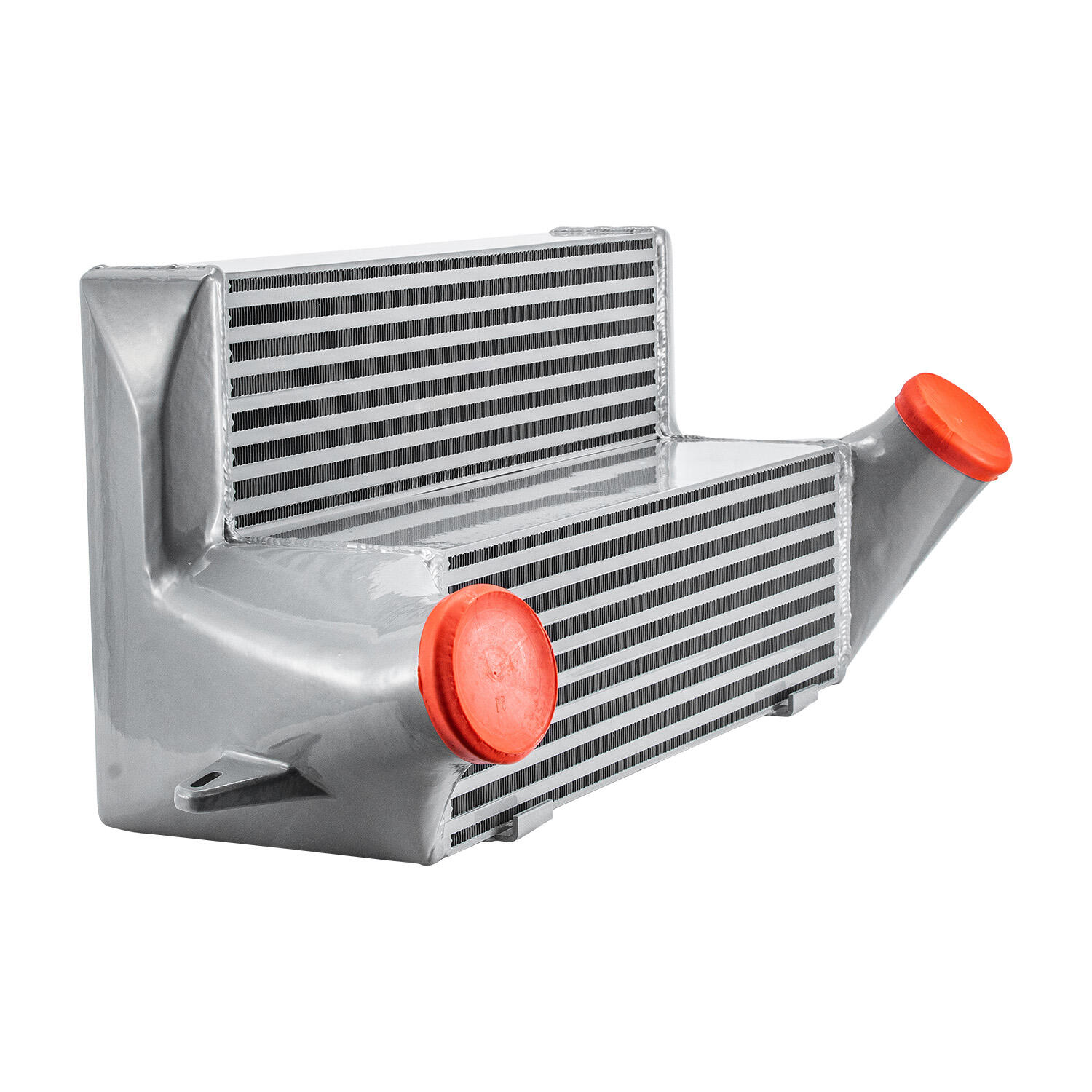Essential Intercooler Care for Modern Performance Vehicles
The evolution of high-performance vehicles continues to push the boundaries of automotive engineering, and at the heart of these powerful machines lies the critical intercooler system. As we enter 2025, intercooler maintenance has become more sophisticated yet remains fundamental to ensuring optimal engine performance and longevity. Whether you're driving a cutting-edge hybrid performance car or a traditional turbocharged powerhouse, understanding proper intercooler maintenance is crucial for maintaining peak performance levels.
Modern intercoolers have evolved significantly, incorporating advanced materials and designs that demand specific maintenance protocols. These components play a vital role in managing air temperature and density, directly impacting your vehicle's power output and efficiency. With the latest 2025 models featuring increasingly complex forced induction systems, staying informed about proper intercooler maintenance is more important than ever.
Understanding Modern Intercooler Systems
Advanced Materials and Design Evolution
The latest generation of intercoolers showcases remarkable advancements in materials science and engineering. Manufacturers now utilize aerospace-grade aluminum alloys and composite materials that offer superior heat dissipation while reducing overall weight. These modern designs incorporate micro-channeling technology and optimized fin density to maximize cooling efficiency while minimizing pressure drop.
Contemporary intercooler designs also feature integrated sensors and smart monitoring systems that provide real-time data about cooling efficiency and performance metrics. This technology integration helps drivers and technicians maintain optimal performance through predictive maintenance scheduling and early problem detection.
Performance Impact and Efficiency Factors
A well-maintained intercooler system can significantly improve engine performance, potentially increasing power output by 15-20% compared to a poorly maintained unit. The efficiency of modern intercoolers depends on various factors, including ambient temperature, driving conditions, and the specific design of the cooling system. Understanding these variables is crucial for implementing effective maintenance strategies.
The latest performance models utilize advanced flow modeling and thermal management systems that require precise maintenance to maintain their designed efficiency levels. Regular intercooler maintenance ensures these sophisticated systems continue to deliver optimal air charge temperatures and consistent power output.
Professional Maintenance Procedures
Inspection and Cleaning Protocols
Professional intercooler maintenance begins with a thorough visual inspection of all components, including mounting brackets, hoses, and connections. Technicians must check for signs of physical damage, corrosion, or debris accumulation that could impair performance. The cleaning process involves using specialized solutions and equipment to remove contaminants without damaging delicate cooling fins or protective coatings.
Modern intercoolers require specific cleaning agents that are compatible with their advanced materials and coatings. Pressure washing must be performed at appropriate angles and distances to prevent fin damage while ensuring thorough cleaning of all surfaces. Professional maintenance also includes checking and calibrating integrated sensors to ensure accurate performance monitoring.
Performance Testing and Optimization
After cleaning, comprehensive performance testing is essential to verify the intercooler's efficiency. This includes pressure testing to check for leaks, measuring pressure drop across the core, and verifying proper coolant flow rates in liquid-to-air systems. Advanced diagnostic tools can measure real-time heat exchange efficiency and identify any potential issues before they become serious problems.
Modern maintenance procedures also involve software updates and calibration of electronic control systems that manage intercooler performance. These updates often include optimizations for different driving conditions and can improve overall system efficiency.
Preventive Maintenance Strategies
Regular Monitoring and Inspection Schedule
Establishing a regular monitoring schedule is crucial for maintaining intercooler performance. This includes daily visual checks for obvious issues, weekly performance monitoring through onboard diagnostics, and monthly detailed inspections of all components. Modern vehicles equipped with advanced monitoring systems can provide early warnings of potential problems, allowing for proactive maintenance.
Documentation of maintenance activities and performance metrics helps track system health over time and predict when major services might be needed. This data-driven approach to maintenance has become increasingly important with the sophisticated intercooler systems used in 2025 models.
Environmental Protection Measures
Protecting the intercooler system from environmental factors is essential for maintaining long-term performance. This includes installing high-quality air filters, using protective screens where appropriate, and considering additional shielding in harsh environments. Regular cleaning of surrounding components helps prevent debris accumulation that could affect intercooler efficiency.
Climate-specific maintenance adjustments are also crucial, as different operating environments can significantly impact intercooler performance. This might include more frequent cleaning in dusty conditions or additional corrosion protection in coastal areas.

Future Trends in Intercooler Technology
Smart Monitoring Systems
The future of intercooler maintenance is increasingly focused on intelligent monitoring systems that can predict maintenance needs before problems occur. These systems use artificial intelligence and machine learning to analyze performance data and identify patterns that might indicate developing issues. This predictive maintenance approach helps optimize service intervals and prevent unexpected failures.
Integration with vehicle telematics systems allows for remote monitoring and diagnostics, enabling maintenance providers to schedule services proactively based on real-world performance data rather than fixed intervals.
Sustainable Materials and Designs
Manufacturers are developing new intercooler designs that incorporate sustainable materials and manufacturing processes. These innovations focus on improving efficiency while reducing environmental impact through the use of recycled materials and eco-friendly production methods. Future designs will likely feature self-cleaning surfaces and regenerative cooling technologies that further reduce maintenance requirements.
Research into advanced materials continues to yield promising results, with new composites and alloys offering improved heat transfer properties while maintaining durability and reducing weight. These developments will influence future maintenance procedures and requirements.
Frequently Asked Questions
How often should intercooler maintenance be performed on 2025 models?
For 2025 high-performance models, professional intercooler maintenance should be performed every 15,000 to 20,000 miles, or at least annually, depending on driving conditions and usage patterns. However, regular visual inspections and monitoring should be conducted monthly to ensure optimal performance.
What are the signs of a failing intercooler system?
Common indicators include decreased engine performance, higher than normal intake temperatures, unusual boost pressure readings, visible damage or leaks around the intercooler, and warning messages from the vehicle's diagnostic system. Modern vehicles may also display specific intercooler-related alerts through their advanced monitoring systems.
Can I perform intercooler maintenance myself?
While basic visual inspections and some cleaning procedures can be performed by experienced owners, professional maintenance is recommended for 2025 models due to their sophisticated designs and integrated electronic systems. Proper maintenance requires specialized tools, diagnostic equipment, and technical knowledge to ensure optimal performance and prevent damage.

